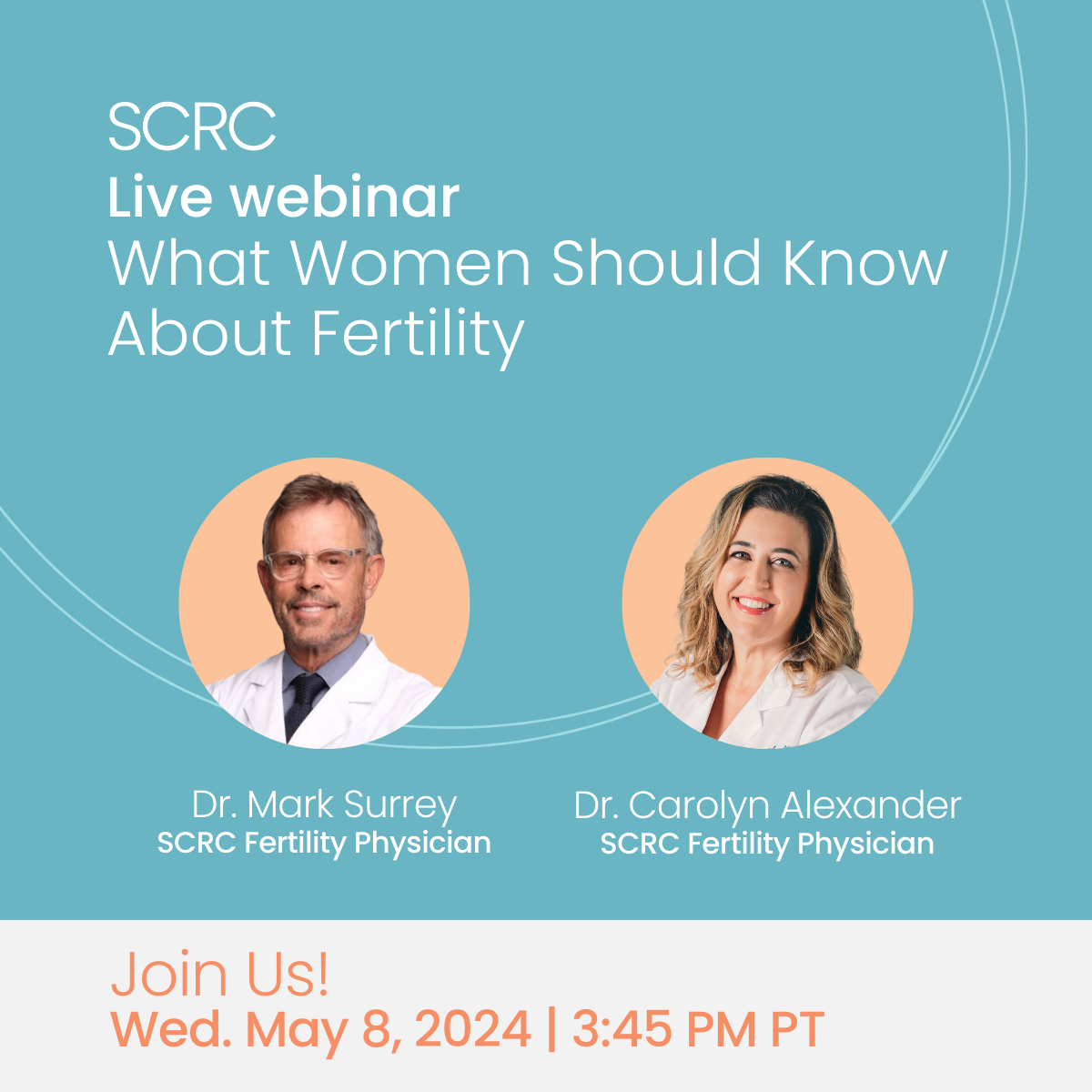

Infertility is a clinical diagnosis that does not encompass the range of complicated emotions it brings with it. It isn’t talked about much and there’s little research on its impact on couples.
What research tells us is the same as what anyone who has been through infertility will tell us: it can be incredibly difficult. About half of women report that infertility was the most upsetting experience of their lives. About 15% of men reported the same.
One of the best things you can do is prepare. Learn about what to expect and equip yourself with information and tools so that if you need help, you can get it. If you’re already in the thick of infertility, know that your experience is normal.
No matter where you are in the process, you can get the support you need.
What causes infertility?
One of the most frustrating parts of infertility is not knowing the cause. About 1 in 8 couples experience some form of infertility.
- Primary infertility is the inability of a couple to conceive after 12 months of regular, unprotected intercourse in women under 35 and after 6 months in women 25 and older.
- Secondary infertility is the inability to conceive or carry a pregnancy to term following the birth of one or more children without difficulty. The causes are often not known, though about 30% of the time, infertility arises from a physiological problem in the woman, and 30% of the time it arises from a physiological problem in the man.
Among the most common causes of male infertility are azoospermia (absence of sperm in semen, either due to blockage or due to it not being produced at all), oligospermia (low sperm count) and varicocele (enlarged varicose veins in the scrotum that can affect sperm quality, production and transport).
Women have a much longer list of possible causes, including hormone imbalances that affect egg production and quality, uterine fibroids and premature ovarian failure.
{{cta(‘6f44aa47-afd0-4cb6-a8b0-1c4ad978fc46’)}}
What makes it so hard?
Medically, infertility is the inability to have children. After a year of trying to conceive, you can see a specialist, get a diagnosis and begin weighing your options. The cause isn’t always clear but you get some say in the solution: IUI, IVF, surrogacy, donors, adoption.
Emotionally, infertility arises from the options, the treatments, the uncertainty, fear, worry and complicated mess of emotions that come with the decisions infertility demands you make. The stress if not in your head. One study found that women with infertility felt as anxious or depressed as those diagnosed with cancer. Men are generally less distressed about infertility. However, men diagnosed with male infertility report similar rates of low self-esteem and depression.
It’s one of the realities of fertility treatment: it can be very hard. The silver lining is that you’ll have a team on your side helping you to move forward in building the family you’ve been dreaming of.
What can I expect?
Every couple and every person handles the process of infertility differently. Factors like your support system (friends, family, even your specialists), history of depression/anxiety, how long you’ve been dealing with infertility, insurance status and financial situation, your health, your unique personality–they all have a part in determining your experience.
Here are some of the most common feelings reported by individuals (and couples) experiencing infertility:
- Stress. This is one emotion that face virtually all who experience infertility. It’s stressful to try and not be successful, then to go through treatments and not know the outcome. It’s an even greater burden when you add insurance woes and financial strain to the mix. Treatments impact your body (as does the worry of choosing the right donor or surrogate) and the time commitment is no small thing.
- Grief. Grief follows loss. You may feel you’ve lost the plan you had for your life. You may have also lost babies. Your sense of self. Grief can take many forms and part of the experience of infertility is let yourself grieve what you need to.
- Anxiety. Especially after you’ve gone through a round or more of treatment, it’s easy to worry. And when you’re pregnant (or your surrogate is) it’s hard to turn off the tape of anxiety playing through your head.
- Shame. One of the most common reactions to infertility is shame. Infertility comes with a stigma that keeps the people experiencing it from talking about it, which intensifies the feeling. One of the best things you can do for yourself is to talk about it. Miscarriage is far more common than it seems. Infertility is, too. Find a group, turn to your friends and loved ones and don’t carry it alone.
- Depression. Infertile women with a history of depression are most at risk for depression during fertility treatment, but they are far from the only ones who experience it. Anger and frustration about the situation, the impact to your self-esteem and self-confidence, the loss to your sense of control, in addition to a slew of other emotions, is all a lot to handle.
You may also feel angry, extra tired (but still not sleep well), hopeless, excited, nervous, cautiously optimistic, resentful and frustrated. More likely you’ll feel a mix that will change by the day.
When should I get help?
Most individuals and couples experience one or more of the above emotions. Whether it’s depression or the blues depends on how it impacts your life.
Symptoms of depression include:
- Sadness that persists for weeks or months.
- Persistent feelings of hopelessness or helplessness.
- Lack of motivation to get work done at home or work.
- Sleeping too much or too little for an extended period of time.
- Significant decrease or increase in appetite.
- Decreased libido.
- Loss of interest or enjoyment in things you used to like.
- Thoughts of self-harm, suicide (click here for help).
If you’re dealing with depression, don’t hesitate to call your doctor. Not all antidepressants negatively impact fertility. There are also options for therapy (see below for ideas).
Where can I go for support?
We always encourage patients to gather a strong support group made up of friends and loved ones when undergoing fertility treatments. See below for more options depending on your circumstances.
When you need more support, it can be helpful to connect with people who know what you’re going through. Resolve has support groups all over the country as well as online support groups and resources for you to start your own.
Infertility is hard, especially during the holidays. Read our blog post – 5 Tips for Coping With Infertility Over the Holidays ►
Talk therapy is helpful in hard times, but it’s also useful for couples and individuals to do some counseling prior to fertility treatments. There are therapists who specialize in fertility counseling, and technology makes counseling more accessible than ever before.
Choice Moms is an organization for single women who choose motherhood. Check out their website for even more resources. Single Mothers By Choice also offers support and resources.
The American Society of Reproductive Medicine maintains a list of support options for all kinds of parents.
All in all, there is support out there for individuals and couples working through infertility issues. Reach out to us for more information on some of these programs.
{{cta(‘8c9f7424-3e5a-436d-bf7d-e431640a6b1e’,’justifyleft’)}}




